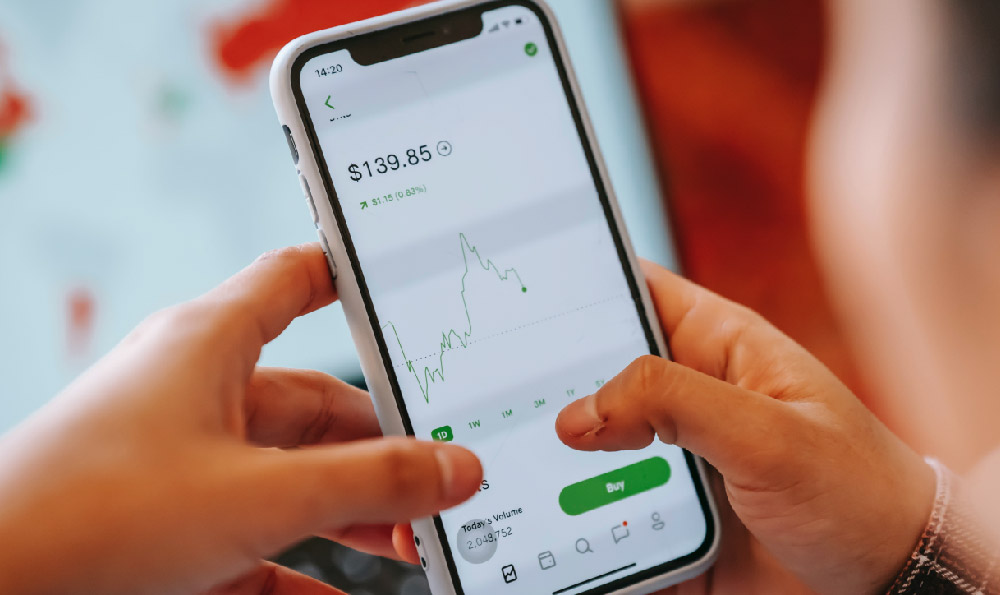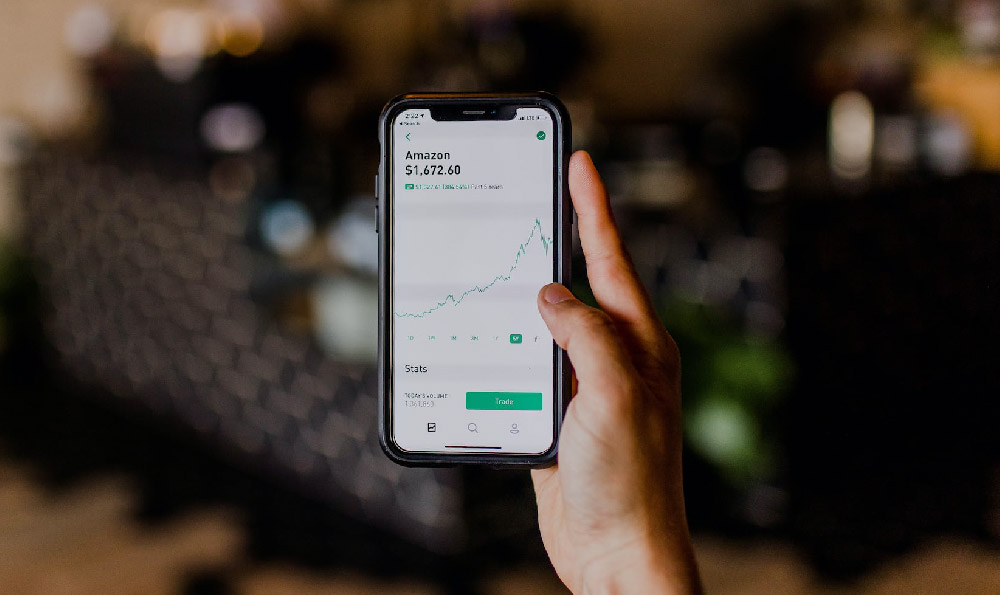Okay, here's an article based on the prompt.
How Bloggers Monetize: Unveiling the Most Effective Strategies
The digital landscape has birthed a new breed of entrepreneur: the blogger. No longer confined to mere personal diaries, blogs have evolved into powerful platforms for sharing knowledge, building communities, and, crucially, generating income. For aspiring bloggers, the question isn't if a blog can be monetized, but how to best navigate the myriad of available strategies and choose those that align with their content, audience, and personal brand. Effectively monetizing a blog requires careful planning, consistent effort, and a deep understanding of the online ecosystem. It's not a get-rich-quick scheme, but a sustainable business model that can yield substantial rewards with the right approach.

One of the most ubiquitous and easily accessible methods of monetization is through advertising. Google AdSense remains a popular choice for beginners due to its simplicity. Bloggers simply insert a code snippet into their website, and Google displays relevant ads based on the content of the page. While AdSense offers a low barrier to entry, the revenue generated per click is often relatively small, especially in niche areas. To truly capitalize on advertising, bloggers need to focus on driving substantial traffic to their site. This involves optimizing content for search engines (SEO), actively promoting posts on social media, and engaging with their audience to foster a loyal following.
A more targeted and potentially lucrative advertising strategy involves direct ad sales. Once a blog has established a strong readership and a defined niche, it can attract businesses looking to reach that specific audience. Bloggers can sell banner ads, sidebar ads, or even sponsored content directly to companies whose products or services align with their blog's theme. This approach allows for greater control over the types of ads displayed and the pricing structure. Securing direct ad sales requires proactive outreach, the creation of a media kit showcasing the blog's audience demographics and engagement metrics, and strong negotiation skills.
Beyond traditional advertising, affiliate marketing presents another powerful avenue for monetization. This involves partnering with businesses to promote their products or services on the blog. Bloggers receive a commission for every sale generated through their unique affiliate link. The success of affiliate marketing hinges on choosing products or services that are genuinely valuable and relevant to the blog's audience. Authenticity is paramount; promoting irrelevant or low-quality products can erode trust and damage the blog's reputation. In-depth reviews, tutorials, and comparisons that honestly assess the pros and cons of the products being promoted are highly effective in driving affiliate sales. Transparency is also crucial. Bloggers should always disclose their affiliate relationships to maintain ethical standards and comply with advertising regulations.
For bloggers with specialized knowledge or skills, creating and selling digital products can be a highly profitable venture. This could include e-books, online courses, templates, or software. The beauty of digital products lies in their scalability; once created, they can be sold repeatedly with minimal additional cost. Identifying a specific need within the blog's audience and developing a product that addresses that need is essential. For example, a food blogger could create an e-book of their most popular recipes, while a photography blogger could offer an online course on mastering DSLR settings. Promoting digital products requires a well-designed sales page, compelling marketing copy, and a strategic launch plan.
Another effective strategy is offering membership programs or exclusive content. This involves creating a paywalled section of the blog that offers subscribers access to premium content, such as in-depth tutorials, behind-the-scenes content, or exclusive community forums. This model provides a recurring revenue stream and fosters a stronger sense of community among dedicated readers. To incentivize subscriptions, the premium content must offer significant value that is not available elsewhere. Building a strong community around the membership program can also enhance retention and encourage word-of-mouth referrals.
Speaking engagements and consulting services offer a more direct and personalized approach to monetization. As a blogger gains authority in their niche, they may be invited to speak at conferences, workshops, or other events. This not only generates income but also enhances their personal brand and expands their network. Offering consulting services allows bloggers to leverage their expertise to help individuals or businesses solve specific problems. This can be particularly lucrative for bloggers in fields such as marketing, finance, or technology. Effectively marketing these services requires showcasing expertise through case studies, testimonials, and a clear articulation of the value proposition.
Finally, writing and selling an actual physical book related to the blog's topic is yet another avenue. This may require more commitment and can be a longer-term project, but it can also establish the blogger as a recognized authority in their field and lead to further opportunities for speaking, consulting, and other monetization strategies.
No single monetization strategy is universally effective. The best approach will vary depending on the blog's niche, audience, and the blogger's personal preferences and skill set. It's often beneficial to experiment with multiple strategies and track the results to identify those that yield the highest returns. Consistently creating high-quality content, engaging with the audience, and staying abreast of the latest trends in digital marketing are crucial for long-term success. Building a successful and profitable blog is a marathon, not a sprint. It requires patience, persistence, and a willingness to adapt to the ever-changing online landscape.












